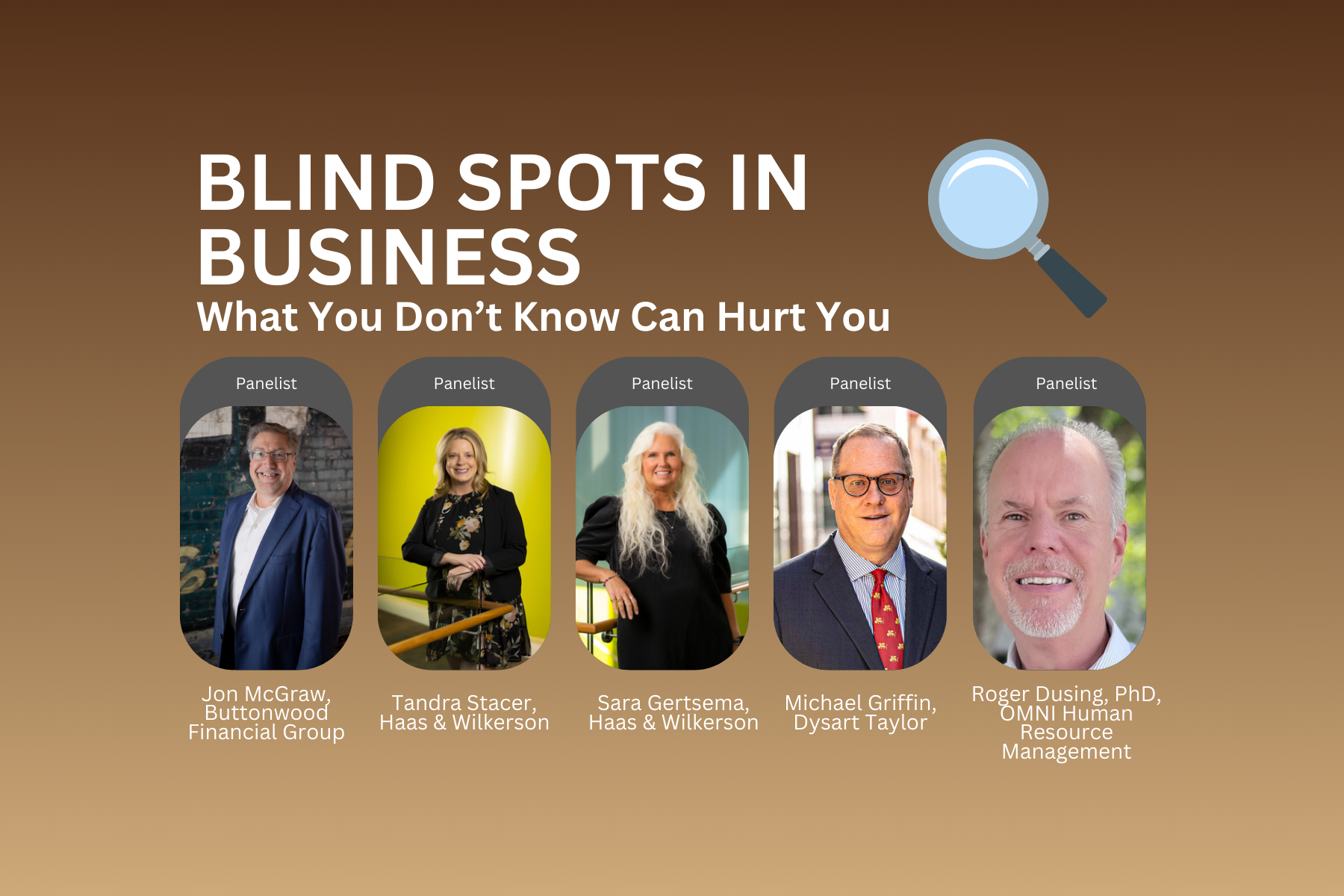Protecting Your Cyber Security
If you’ve received calls informing you of your social security number being compromised, you are not alone, and you are not in danger of the US Federal Government coming to arrest you. These spam calls and many more like them are on the rise. Now may be a good time to review your overall cyber security.
First, it’s important to understand what cyber security is. “ Cyber security is the art of protecting networks, devices, and data from unauthorized access or criminal use and the practice of ensuring confidentiality, integrity, and availability of information. ” We live in a digital world, which makes it virtually impossible to keep your personal information off the Internet entirely. At Buttonwood, we take the position all of us have had our information stolen and it’s now only a matter of time before thieves actually use our data.
Complete safety on the Internet can’t be guaranteed, but we believe a proactive approach will lower your exposure to potential risk.
-
Monitor Your Credit Reports
At a minimum, you should use a free service like Annual Credit Report to monitor your credit. We recommend a more proactive service such as Credit Karma or even a paid service like Life Lock. These services alert you to potential fraud on your credit report so you can address issues before they get out of hand. If you are going to use these services, we recommend downloading their mobile apps and enabling notifications. It’s these notifications, while sometimes a bit noisy, that will allow you to remain in touch with your credit report.
-
Use a Password Manager
Oftentimes, people will use the same password, or variations of the same password for multiple logins. While this is an easy way to remember login information, it opens the opportunity for hackers to steal your information across accounts.
We’ve found tools such as LastPass or Apple’s iCloud Keychain to be effective in keeping track of passwords and keeping logins secure. These tools will generate secure passwords for you, save them to your account and autofill login information for secure, easy entry into your accounts! Additionally, in LastPass, “shared” folders can be added, allowing you to share login details with family or others in your business who require access, but don’t need to see your passwords.
-
Create a List and Stay Organized
In order to keep your account information secure, you must first know what is out there waiting to be hacked. By adopting a tool such as LastPass, your usernames and passwords will automatically save to your secure vault. This will prevent the headache of pulling together a list of all logins for asset accounts, retirement accounts, bank accounts, online shopping sites, social media, streaming service sites, email accounts, etc.
After a couple of months of using a password manager, you will have a better understanding of what accounts exist. LastPass, for example, allows you to run a “Security Check” and will proactively help you identify weak or duplicate passwords. While technology is the creator of these issues, technology can also simplify and protect your accounts.
-
Keep Up with Routine Software Updates
We’ve all clicked “remind me later” or “dismiss” when the latest software update pops up right before a meeting or project. It’s easy to put this off but could be detrimental to your private data. Software updates exist to keep your machine running smoothly, but most importantly, they exist to fix critical security vulnerabilities. While taking a few minutes to update software can be inconvenient, it could save you hours of time in the event of a data breach.
-
Look for Secured Web Pages
In a world where online shopping vastly exceeds shopping in physical stores, it’s critical to know what to look for when making purchases online. As items fill your shopping cart, be sure you are using a secure browser before entering credit card information. You can check the security of a web page by ensuring the page URL begins with “https” Many web pages begin with “http” but the “s” at the end is the critical component to a secure site. This means the site password will be encrypted for additional security before it is sent to a third-party server. Additionally, you can look for a “lock” icon in the corner of your browser to confirm the site’s security.
-
Be Cautious When Providing Personal Information Over the Phone
We’ve all received nuisance spam calls, and they aren’t slowing down. More and more scammers are out there and often target the elderly.
If you have elderly parents, friends or family, be sure to warn them of these potential scam risks. It’s important to remember, the US government, Social Security Administration, the IRS and other reputable organizations won’t call you, they will send a letter in the mail.
How Buttonwood Keeps Data Safe
We know risks to personal financial data exist. At Buttonwood, we take every step we can to ensure the safety of our client’s data and information. Through our secure technology solutions, clients can view and access their financial lives without worry of being hacked.
If you would like to explore the benefits of working with your own Family CFO, contact us today!
**We are not affiliated with or support the services/products listed above.
The post Protecting Your Cyber Security appeared first on Buttonwood Financial Group, LLC.
Recent Buttonwood Articles

Are you ready to explore the benefits of your very own Family CFO?




